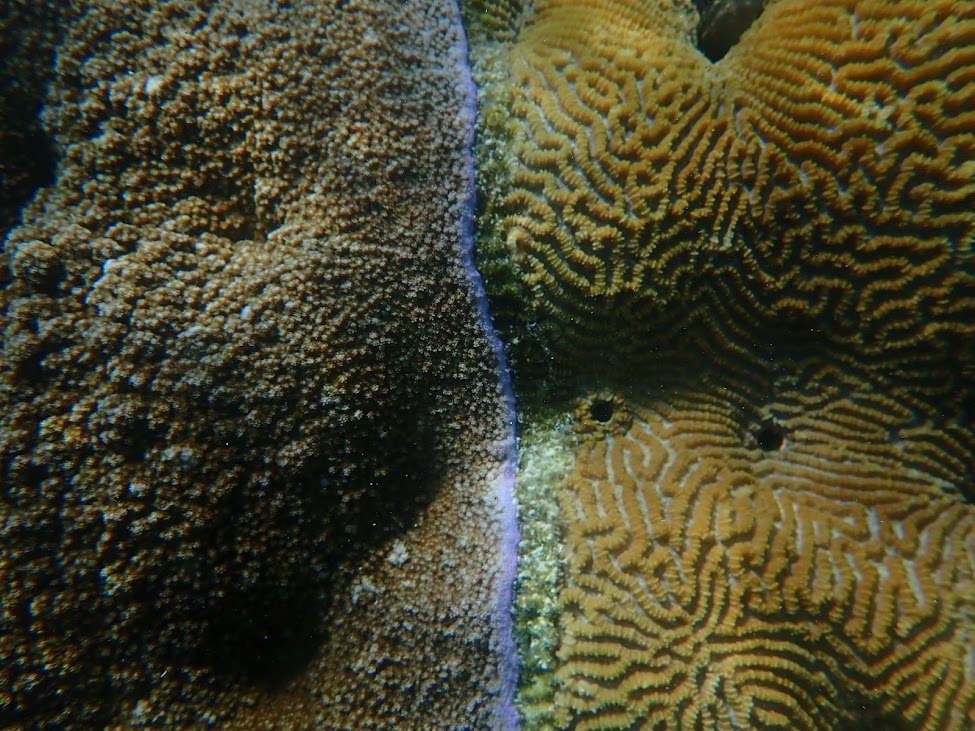The “WAR ON WASTE” According to Coral Reefs
The war on waste has become a hot topic in recent times… but how does it relate to coral reefs?
Ever wondered why that coral reef you visited looked like a bunch of (albeit very beautiful) lifeless rocks, when you expected it to be a vibrant and flowing paradise?
A big reason for that could be that most corals are nocturnal – meaning they extend their polyps into the water column to feed at night.
Corals create a unique symbiotic relationship with a microscopic algae called “zooxanthallae,” so it makes sense to take advantage of this photosynthesis to obtain their energy during the day, and to extend their polyps to feed (by catching particles in the water column) at night.
Night time is when coral polyps are feeding, and also trying to take over new territory. Have you ever witnessed or heard about Coral Reef Wars?
Everything may look gorgeous, harmonious and tranquil, but it’s a harsh world down there. Coral reefs take up less than 0.01% of the ocean floor, yet are home to almost 25% of all marine life. That’s a whole lot of ocean creatures fitting into a very itty bitty space!
As so many creatures are living in such close quarters on coral reefs, it means there is fierce competition for both space and resources. Corals will extend their stinging tentacles in warfare against their neighbouring corals, attempting to take over as much valuable real estate as they can get their hands – or tentacles – on.
If coral reefs support so much life, you’d think there are plenty of nutrients, wouldn’t you? Well, coral reefs are actually a bit like deserts in the way they are low in available nutrients and all the good stuff marine life are looking for.
We say “available” nutrients because there are not a lot of free nutrients just hanging around waiting to be used. Coral reefs are the best recyclers on the planet! Nothing goes to waste and all resources, once used, seem to find another life, or be useful to another creature in their lives. There’s a lot of eating, pooping, eating poop and pooping out the eaten poop. All of these processes are constantly happening on repeat! If only we could learn how to recycle all of our resources on land so efficiently, we’d be well on our way to tackling the war on waste!



